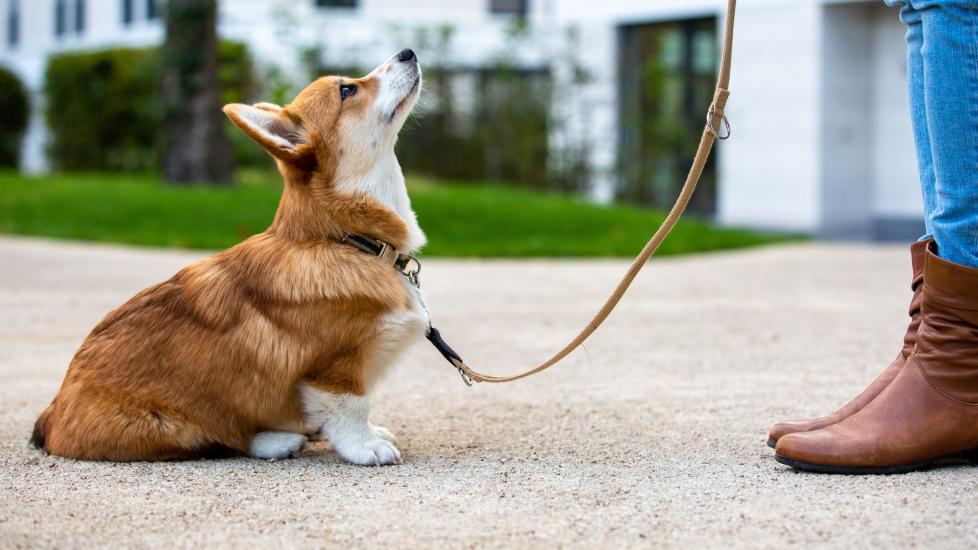
Dog Obedience Classes for Puppies Can Transform Pet Behavior Fast
Share
Health-conscious pet owners often strive to ensure the well-being of their furry friends. With the pivotal role that behavior and training play, many turn to dog obedience classes for puppies. These classes offer essential skills that can enhance your puppys quality of life. Within a personalized and structured environment, your pup learns the discipline needed to grow into a well-behaved dog.
Are you uncertain whether these classes are the right fit for your puppy? Lets delve into why they are crucial for your pets development and how they can make a monumental difference in your puppy's behavior and health.

The Importance of Early Training
Training your puppy at a young age is crucial in laying the groundwork for a long-term, healthy relationship. Dog obedience classes for puppies introduce essential commands and socialization techniques in a controlled setting. This early foundation mitigates future behavioral issues and assures proper health management.
According to experts at Small Door Vet, a structured training program not only teaches basic commands such as 'sit' and 'stay' but also strengthens the bond between owners and puppies by establishing mutual trust and understanding.
What Happens in Dog Obedience Classes?
Many pet owners are curious about the structure and content of these classes. Understanding what to expect can ease your anticipation and prepare both you and your puppy for an enjoyable journey.
Basic Commands and Socialization
The initial phase involves basic training where puppies learn commands such as 'sit', 'stay', and 'come'. These commands serve as the building blocks for more advanced training later. The socialization aspect helps puppies become accustomed to being around other dogs and people, a critical component for a healthful dog experience.
Addressing Behavior Challenges
Obedience classes also focus on addressing common behavioral challenges, such as barking and reactivity. For more tips on managing specific issues, you can read more about handling dog barking, reactivity towards cars, and separation anxiety on our site.
Choosing the Right Class
With numerous options available, finding the right class tailored to your puppy's needs is essential. Factors to consider include the training methodology, class size, and the trainer's expertise.
Locating nearby sessions can be a great start. If physical classes aren't convenient, online options could suit your schedule better, as discussed in our article on finding local classes and online sessions.
Why Health-Conscious Owners Prefer These Classes
Health-conscious pet owners prioritize classes because they complement both physical and mental health. Training nurtures mental stimulation, reducing stress and anxiety levels, contributing positively to a puppys overall health.
Creating a nurturing environment through training reinforces health guidelines. For more detailed guidance, consider reading resources from Medivet on overall dog training advice.

FAQ
Do puppies really benefit from obedience classes?
Yes, dog obedience classes for puppies are crucial for their long-term behavior. It provides socialization, instills good habits, and creates a structured environment to grow mentally and physically well.
Are there online classes effective?
Online classes can be equally effective, especially if attending in-person classes is challenging. They offer flexibility, though interaction might differ compared to physical classes.
What age should a puppy start training?
The ideal age to start training is from 8 to 16 weeks. This is the most receptive period for learning and adapting effectively to training commands.
Incorporating proper training is integral in nurturing a harmonious life with your pet. With the correct guidance and resources, any puppy can transform into a well-behaved companion.
This article contains affiliate links. We may earn a commission at no extra cost to you.
